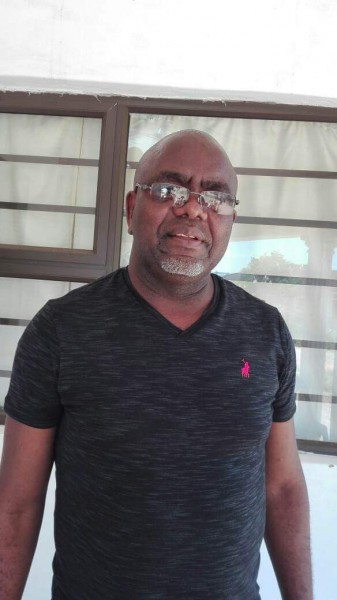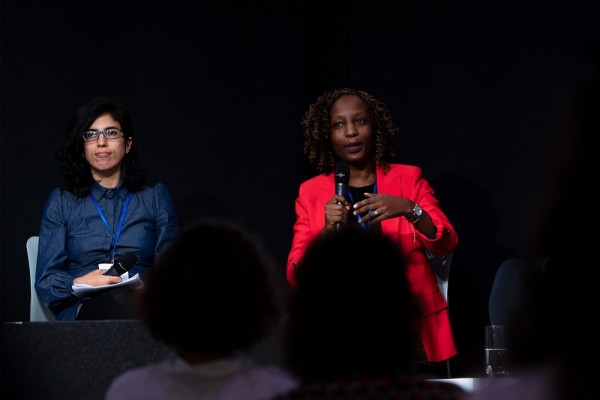H. E. President Sir Ketumile Masire
Office of the President
Private Bag 001
Gaborone
Botswana
Vienna, 28 June 1997
Your Excellency,
The International Press Institute (IPI), the global network of editors and media executives from newspapers, magazines, broadcasting organisations and news agencies in over 100 countries is deeply concerned about the draft Mass Media Communications Bill which is expected to be tabled before Cabinet on 9 July.
The draft bill seeks to regulate all the media and media practitioners in the country. It proposes to establish a separate broadcasting board, newspaper registration and accreditation, and a Press Council. The Minster for Information will appoint and manage these bodies. IPI sees this initiative as an unacceptable infringement on press freedom. Botswana has often been cited in recent years as one of Africa’s few shining lights – where the press operate freely and fairly. The enactment of this Bill will serve to nullify previous progressive efforts.
The proposed legislation can only serve to stifle the independent media. For example, the proposal that 80% of the equity of all media companies, and control of those companies, should be in the hands of Botswana citizens within six months of the law commencing may threaten the future existence of many media groups. This clause contradicts the government’s policy of trying to entice foreign investment and discriminates against the media industry.
The proposed establishment of a Press Council is also a matter of grave concern. It is intended that the executive committee of the organisation will consist of five members appointed by government, six journalists and four publishers. All practising journalists would have to belong to it and support it with annual subscriptions. The council will have the power of a court and can impose fines for, among other things, failing to register a publication or reporting without government accreditation. There are other penalties, including imprisonment, for unspecified offences. IPI firmly believes that Press Councils must be voluntary, self-regulating bodies with no government involvement.
Publications that are allegedly in contravention of the Bill may be seized by police officers. Laws permitting prior censorship are particularly susceptible to abuse. Existing libel and defamation legislation provides injured parties with sufficient levels of recourse. Legislation of this type however, must be civil, never criminal. Terms of imprisonment are not proportionate to journalistic offences.
In addition, the legislation provides for a National Broadcasting Board which would issue broadcasting licenses, oversee all broadcasting activity and license television decoders. This move comes just prior to the opening next year of the first national, government-controlled, television service. Independent television operations throughout the country feel threatened by these developments.
IPI strongly urges you to take the necessary measures to see that this draft bill is not implemented. It directly contravenes the resolution protecting press freedom which was passed at a recent South African Development Community (SADC) meeting hosted by Botswana. Any legislation affecting the media must guarantee the rights enshrined in Article 19 of the Universal Declaration of Human Rights. In respect of these rights: broadcasting authorities must be independent; people wishing to enter the journalistic profession should not be required to register; and media councils must be voluntary and media-driven.
The ramifications of any media legislation must be discussed in detail with all interested parties. IPI as an international, non-partisan group of editors and media executives would be most willing to participate in talks in an effort to find a solution that does not erode press freedom.
I thank you for your attention and eagerly await your reply.
Yours sincerely,
Johann P. Fritz
Director


